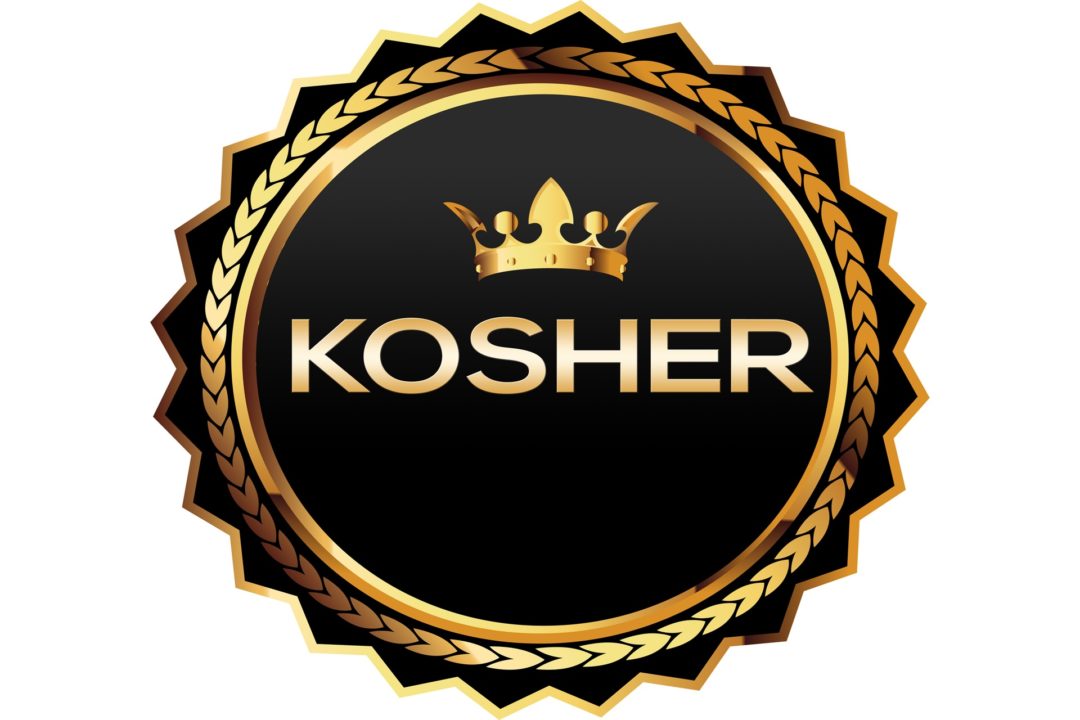
Demystifying Halal and Kosher Products

HalalAccording to the Halal Food Authority, “The word ‘halal’ literally means ‘permissible’ — and in translation it is usually used as ‘lawful.’ To make meat halal or permissible, an animal or poultry has to be slaughtered in a ritual way known as Zibah or Zabihah” (1). Halal foods are prepared according to Islamic law. There are numerous organizations that certify halal. Listed below are a few, along with the guidelines followed for certification practices.
The Islamic Food and Nutrition Council of America (IFANCA) certifies products and has lists of certified and de-certified companies. According to IFANCA “all foods are considered halal except the following sources:
• Swine/Pork and its by-products. • Animals NOT properly slaughtered according to Islamic method or dead before slaughtering. • Alcoholic drinks and intoxicants. • Carnivorous animals and birds of prey. • Blood and blood by-products. • Foods contaminated with any materials from above categories” (2).
Organizations such as The American Halal Foundation, Halal Food Council and ISWA Halal Certification Program provide halal certification and supervision services for qualifying poultry and poultry products, meat and meat products, and in some cases, also for qualifying chemicals, cosmetics, foods, drinks, packaging materials, personal care products, pharmaceuticals and other consumer products. The USA Halal Chamber of Commerce, Inc., which is recognized domestically and internationally as a facilitator of communications regarding halal products, oversees the ISWA Halal Certification Department.
According to Quartz Media LLC, “The halal food market is projected to be worth $1.6 trillion by 2018. This sector is also estimated to be growing faster than the conventional food market, and could exceed 17% of the world food market by 2018” (3). Some of this increase is due to the growing availability of halal products in the market, in addition to an increase in Muslim population. Non-Muslim consumers are also drawn to halal products because of the strict guidelines for preparation that may lead to healthier food at times.
KosherGlobal Food Safety Resource states that “The demand for kosher-certified products has increased dramatically over the past few decades, making kosher one of the hottest food trends out there. While Jewish consumers have long been devoted to kosher-designated foods, many non-Jewish consumers have come to appreciate kosher as well. It relies on unprocessed ingredients, requires high standards of cleanliness and traceability is a key part of production processes. Many consumers choose these products as an alternative to buying other ‘untrusted’ brands” (4).
So what exactly is kosher? One of the many kosher certifying agencies, Organized Kashrus Laboratories (OK) Kosher Certification, states that “Kosher refers to those foods that God, in the Torah, has permitted Jews to eat. ‘Kashrus’ refers to the general subject of kosher food. One of the basic principles of kashrus is the total separation of meat and dairy products. Meat and dairy may not be cooked or eaten together. To ensure this, the kosher kitchen maintains separate sets of dishes, utensils, cookware and separate preparation areas for meat and dairy. A third category, Pareve, is comprised of foods which are neither meat nor dairy and may therefore be eaten with either”(5). On the OK website and on other kosher certifying organization websites such as OU Kosher, KOF-Kosher Supervision and Earth Kosher, among others, are certified kosher restaurants, guides to keeping a kosher kitchen, kosher product searches and ideas.
Kosher needs strict supervision since some products that may seem to be kosher may contain ingredients or may be prepared in a way that isn’t kosher. Every piece of the product, from coatings to oils to cooking devices, must be certified kosher.
When shopping for products, whether they are for health or religious purposes, be sure to understand what the symbols on the packaging mean and to be educated about the source of the certification. Whether halal and kosher products are being consumed to adhere to religious guidelines or because of consumer preference, there has been a notable increase in demand for both in the natural and organic markets.
References1. Definition of Halal,http://halalfoodauthority.com/definition-of-halal. Accessed July 11, 2017. 2. What Is Halal,http://www.ifanca.org/Pages/index.aspx. Accessed July 8, 2017. 3. Hungry For Halal,https://qz.com/888830/the-worlds-fastest-growing-population-is-also-a-massively-untapped-food-and-fashion-market/. Accessed July 8, 2017. 4. Safety and Quality Drive Increased Demand for Kosher Certification,http://globalfoodsafetyresource.com/kosher-certification/. Accessed July 20, 2017. 5. Meat, Dairy & Pareve,http://www.ok.org/consumers/kosher-an-overview/meat-dairy-pareve/. Accessed July 8, 2017.
Published in WholeFoods Magazine September 2017

The editorial team at WholeFoods Magazine has decades of experiences reporting on natural products industry news, trends, and more. This national, monthly business-to-business magazine has been published continuously for nearly 40 years (the magazine was founded in 1977, and has been owned by Wainer Finest Communications since 1984). It is the longest-tenured media outlet of its kind in the natural products industry. The editorial focus at WholeFoods Magazine is, and always has been, on informing and educating members of the natural products industry.
The Magazine
Information
About Us
NOTE: WholeFoods Magazine is a business-to-business publication. Information on this site should not be considered medical advice or a way to diagnose or treat any disease or illness. Always seek the advice of a medical professional before making lifestyle changes, including taking a dietary supplement. The opinions expressed by contributors and experts quoted in articles are not necessarily those of the publisher or editors of WholeFoods.







